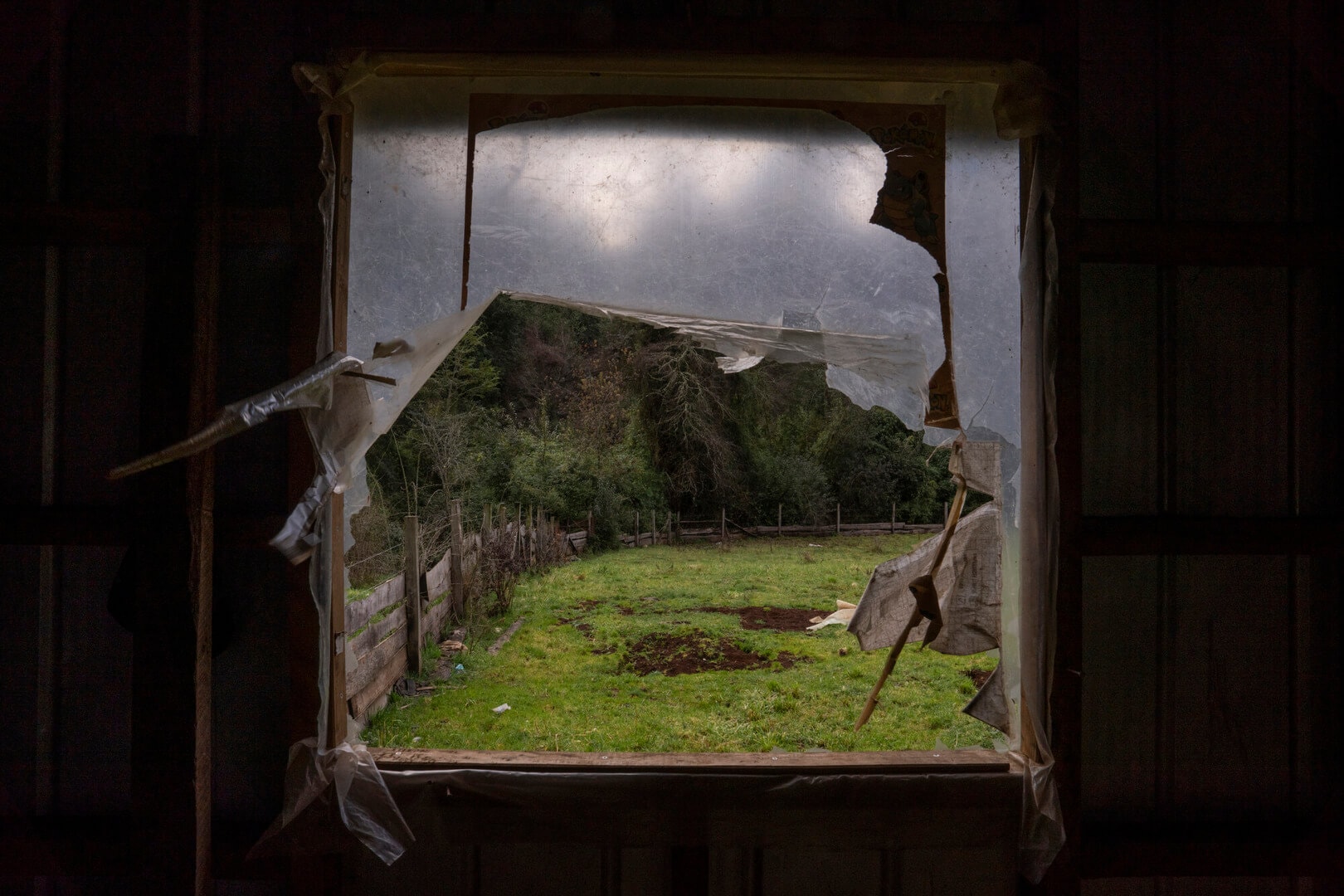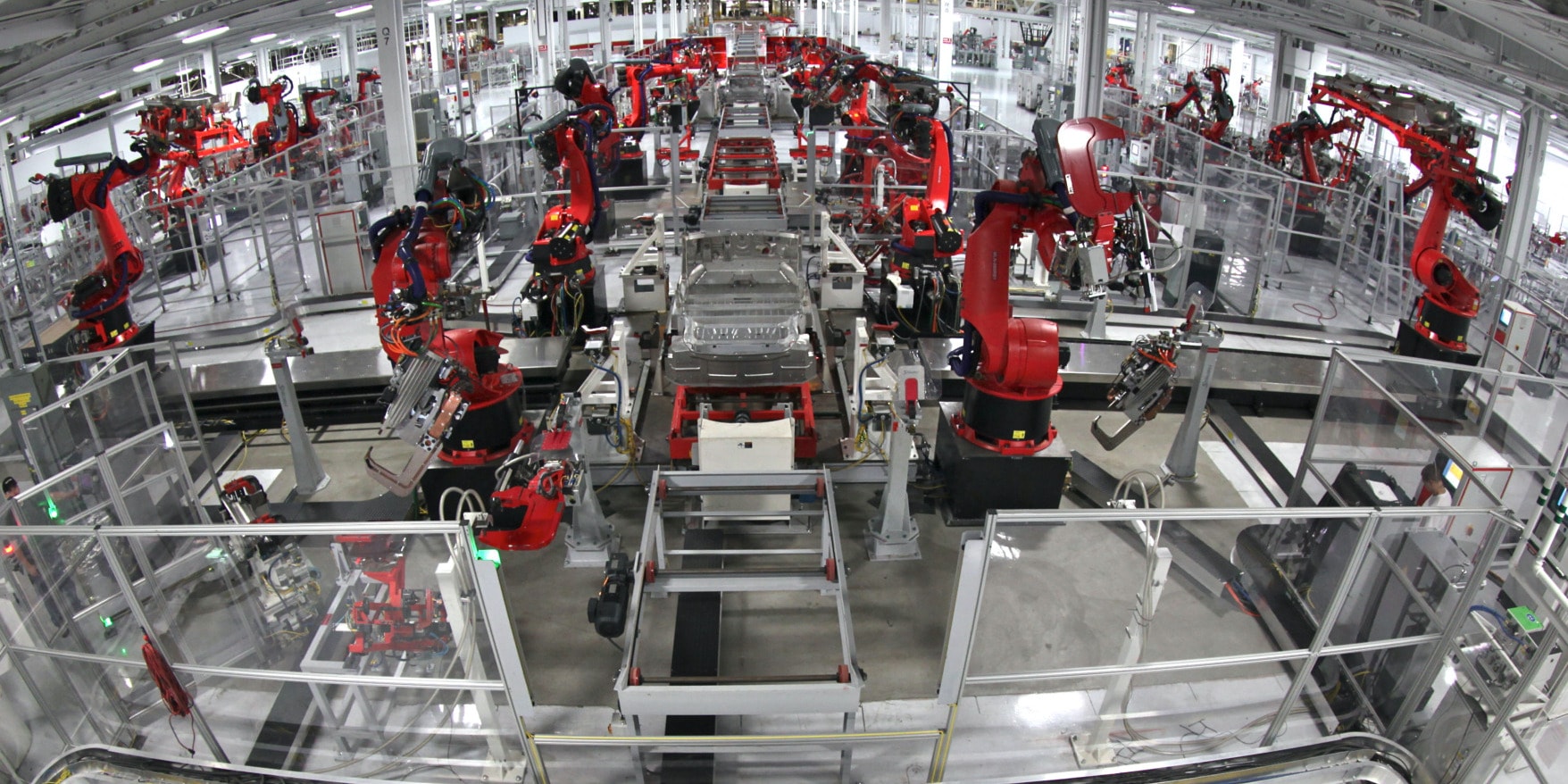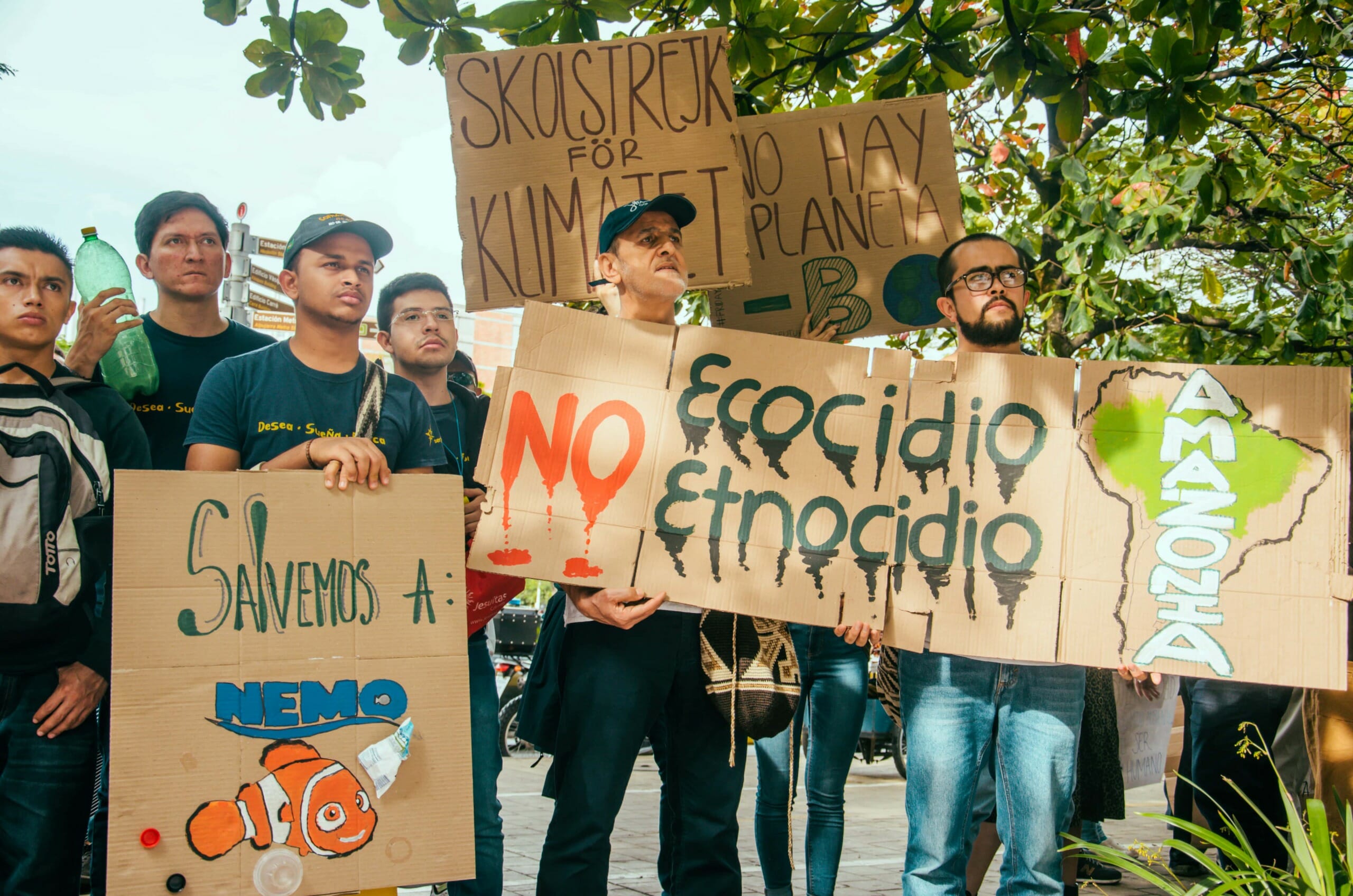 Article in collaboration with: CGIAR Research Program on Climate Change, Agriculture and Food Security (CCAFS) seeks to address the increasing challenge of global warming and declining food security on agricultural practices, policies and measures through strategic, broad-based global partnerships.
Article in collaboration with: CGIAR Research Program on Climate Change, Agriculture and Food Security (CCAFS) seeks to address the increasing challenge of global warming and declining food security on agricultural practices, policies and measures through strategic, broad-based global partnerships.
Farmers and institutions in Cauca, are in a route of training in mitigation and adaptation generated from the practices implemented in the Climate-Smart Village.
The Climate-Smart Village (CSV) in Cauca, Colombia, has become a social laboratory for the participatory construction of processes of mitigation and adaptation to climate change. What began as an idea to establish a research project of climate-smart agriculture (CSA), is now moving towards a model of the adaptive management of the territory, focused on adaptation to climate variability.
Related topics: Investment in Climate-smart Agriculture: Why Do it Now – Climate-Smart Village Cauca: an example of agricultural and social transformation– Gender, climate change and agriculture: Guatemala leads regional dialogue
In Cauca CSV, scientific research and the different proposals to solve the adverse impacts of climate change have generated useful participatory construction tools such as:
- Mechanisms for evaluating agricultural practices
- Knowledge about the need to plan for adaptation
- Evaluation of mitigation activities on the farm
- Participatory schemes for knowledge and appropriation of climate information
This interaction between farmers and the scientific community, a process led by the Ecohabitats Foundation, the CGIAR Research Program on Climate Change, Agriculture and Food Security (CCAFS), the International Center for Tropical Agriculture (CIAT) and the Association of North-West Villages of Popayán, has allowed to consolidate the bases to advance, in different scales, in the task of generating a training process in mitigation and adaptation.
This way, in 2018, with the support of the Autonomous Regional Corporation of Cauca (CRC) as an institutional partner, CCAFS, CIAT, and the Ecohabitats Foundation designed and implemented learning process based on three tools that can transform the way to provide technical assistance in rural areas:
- Predial Plans of Adaptation (PPA) and Participatory Integrated Climate Services for Agriculture (PICSA): a combination of tools that allows to spatialize and measure the levels of vulnerability to climate change, while generating knowledge so that producers and technicians understand climate behavior and appropriate agroclimatic forecasts and use these information services to make decisions about production and livelihoods.
- Cool Farm Tool: a tool that allows identifying the environmental impact of the different production systems, considering soil conditions and agronomic practices, allowing to estimate, at the farm level, the emissions. In combination with the planning for adaptation, it enables people to choose measures that contribute to the mitigation and reduction of vulnerability to climate impacts.
- Establishment practices and management of biofortified bean crops (disease resistant and drought tolerant) with sowing decision-making considerations based on agroclimatic forecasts. These practices allow producers and technicians to understand the importance of considering adaptation planning in such a way that adequate crop planning is achieved.
Main results
40 families from Cauca CSV were empowered in the use and application of Predial Plans for Adaptation and interpretation of climate information, using agroclimatic forecasts to make decisions on planting crops. In order to strengthen rural technical assistance, in cooperation with the CRC, training was given to 15 people with technical assistance profiles from the CSV districts of Los Tendidos, San Rafael, La Mota, and San Antonio; and technicians from the CRC, Cauca’s University and Ecohabitats Foundation.
Complementary to the first training on Cool Farm Tool, a new training was developed, in which 24 people from the Cauca CSV participated from Los Cerrillos, Los Tendidos and Las Mercedes, along with technicians from the National Learning Service, Cauca’s University and CRC. By 2019, due to the great reception of these training programs, a process has been prioritized along with the Secretary of Agro-environmental Development and Economic Development of Popayán, the Ministry of Agriculture and Rural Development of Cauca, the CRC and the Cauca’s University.
These tools will now be institutionalized as key elements in rural technical assistance with an emphasis on adaptation to climate variability and mitigation of greenhouse gases.
About the author: Luis Alfonso Ortega is the Climate Change and Protected Areas Coordinator at Ecohabitats Foundation. Lauren Sarruf Romero is Communications Officer for CCAFS.
EDITOR’S NOTE: The opinions expressed here by Impakter.com columnists are their own, not those of Impakter.com. Photo Credit: CCAFS













